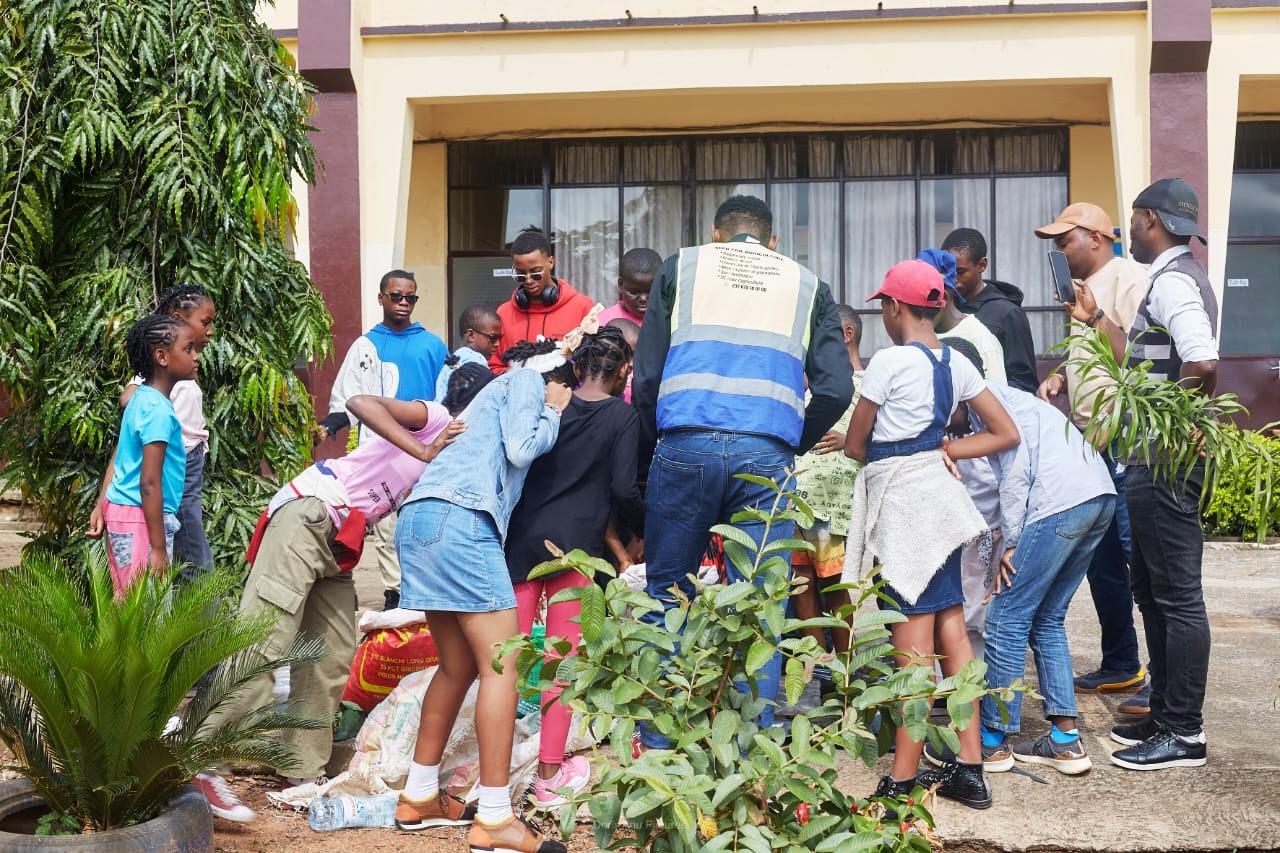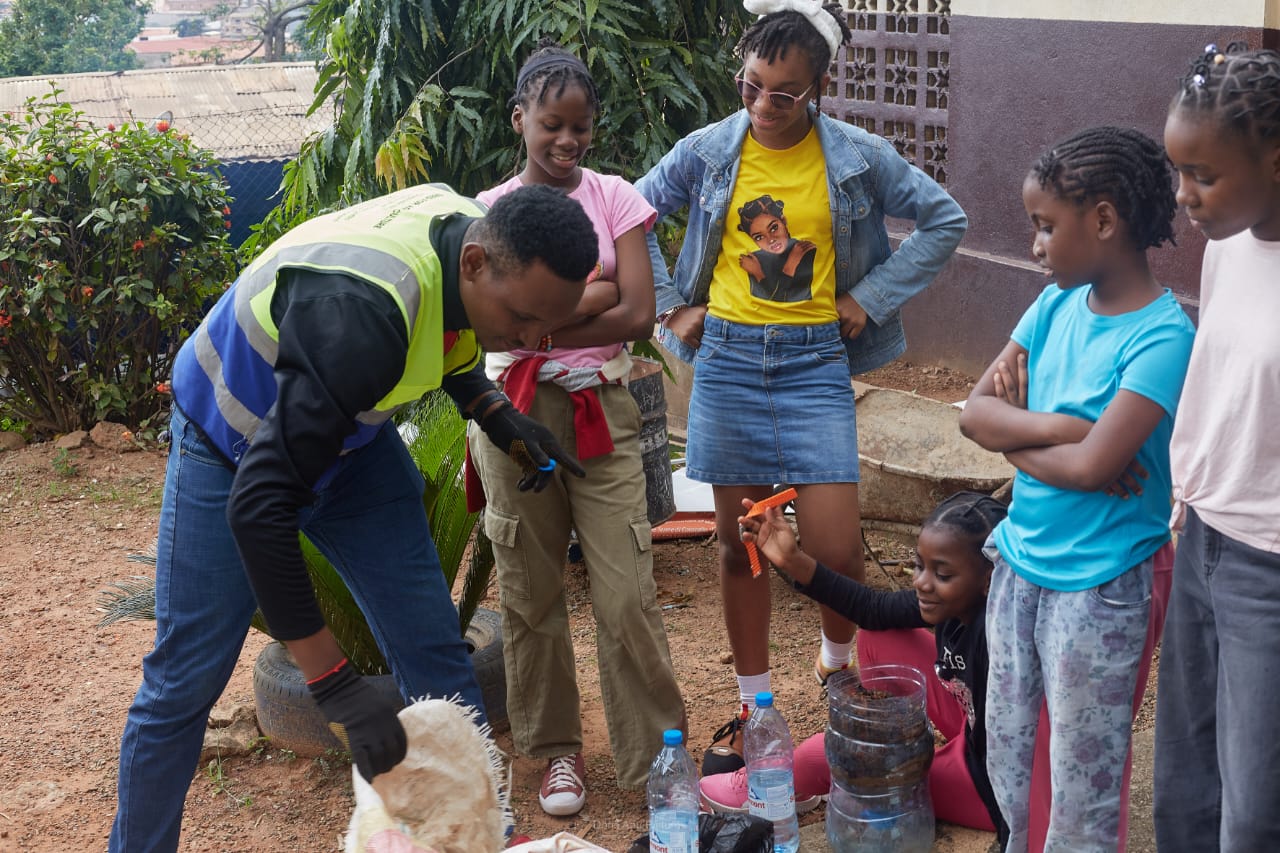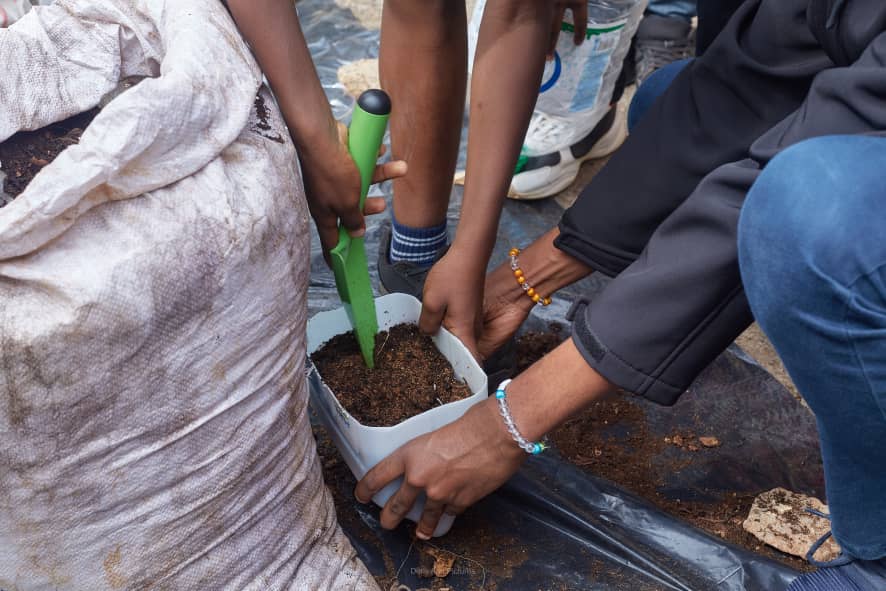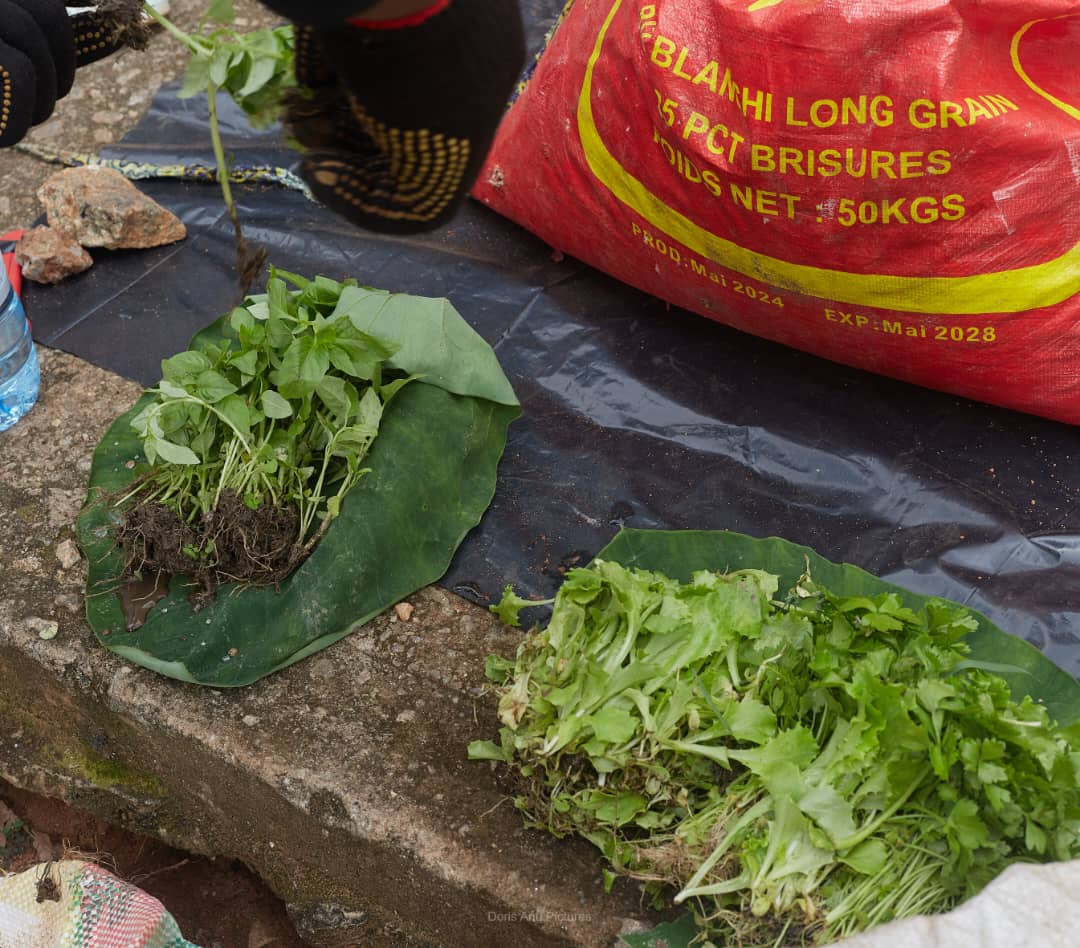On July 8, 2025, at Collège Notre Dame de Victoire in Yaoundé, a group of 20 Cameroonian children gathered—not just to plant a garden, but to sow the seeds of leadership, creativity, and sustainability. Equipped with plastic bottles, seeds, and big ideas, they became part of a powerful collaboration between YPARD Cameroon and The Buterfly Foundation 237 (TBF)—an initiative that turned a holiday program into a transformative leadership incubator.

For many children, agriculture is often seen as labor-intensive fieldwork—planting maize and beans under the hot sun. This event aimed to flip that narrative by introducing a more dynamic, opportunity-rich vision of agriculture. Through interactive sessions filled with storytelling and exploration, the kids discovered that food systems can be hubs of innovation, science, and entrepreneurship.
They explored a wide range of agribusiness career paths:
Facilitators like Bebel Nguepi (YPARD Cameroon) and Miguel Bithyeki (TBF) brought these concepts to life—not through lectures, but through powerful stories, including that of Dr. Akinwumi Adesina, agro-economist and President of the African Development Bank.
Agriculture isn’t just about soil and crops—it’s about innovation, business, and changing the world.

Cameroon, like many countries, faces a mounting challenge with plastic pollution. But what if waste could become a tool for leadership and change?
In this hands-on workshop, the children learned:
✔ How to upcycle plastic bottles into self-watering planters (double-bottom design)
✔ The ideal soil mix: earth + sand + compost = thriving plants
✔ How to grow lettuce, celery, basil, and parsley—linking sustainability to nutrition
Why it matters:

There weren’t enough bottles for everyone—but instead of frustration, the children leaned into teamwork.
They formed groups like Team Star, Winners, Elephant, and Leaders, and together:
This wasn’t just a gardening workshop.
It was a leadership lab.
By combining agribusiness education (career awareness), recycling (environmental stewardship), and teamwork (social-emotional learning), the program demonstrated that the future leaders of Cameroon may very well grow from soil, plastic—and shared purpose.

Could this model be replicated in more schools? Could other countries adapt it to their own contexts?
One thing is certain: When children learn that leadership isn’t about titles, but about creativity, responsibility, and collaboration, they don’t just grow plants—they grow futures.
🌱 Want to replicate this model? Contact YPARD Cameroon or The Butterfly Foundation 237
🏫 Know a school that could benefit? Share this article!
💡 Have ideas or feedback? Comment below—let’s keep the conversation growing.
Contacts:
YPARD Cameroon
ypardcameroon@gmail.com
bebelnguepi@gmail.com
The Butterfly Foundation 237
http://www.thebutterflyfoundation237.com
m.mbamba@butterflyfoundation237.com